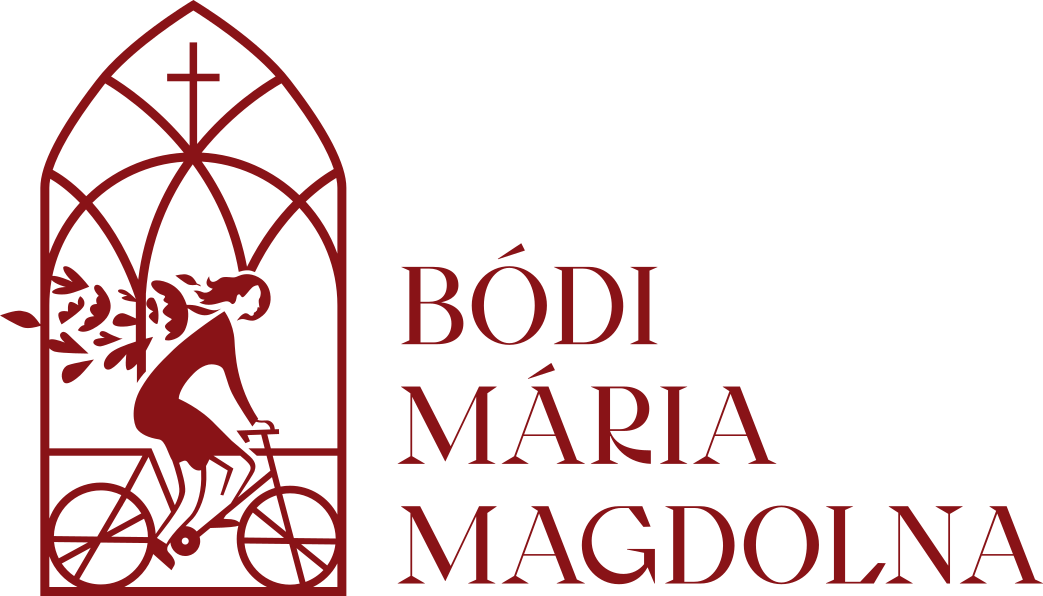28/07/2025 – 06/09/2025
Purity
During the summer, the usual busy schedules of the year are interrupted by rest and relaxation, which serve both our physical and spiritual renewal. We find joy in spending time with family and friends, in having more time for one another, and in not rushing as we usually do during the rest of the year. After all, it is the season of rest and holidays.
But God does not take a summer vacation. True renewal is found when we rest in His presence. We can begin our day with a longer prayer, invite God into our daily activities, and see the opportunities for rest and refreshment as gifts from Him.
In the evenings, we can give thanks for having spent our day attentively in His presence.
How can we understand purity?
In the Sermon on the Mount, Jesus promises us nothing less than this: if our hearts are pure, we will see God. A pure heart does not mean that we are sinless; rather, it means that we are free to love God, ourselves, and others. This is God’s gift. He cleanses us and makes us free, and if we listen to His word and follow Christ, we will see and hear Him everywhere, under all circumstances.
The threefold unity of purity – of heart, soul, and body – is inseparable. Together, they form a whole.
In our age, we often focus solely on bodily purity, but true purity can only be understood in this threefold unity, as none of the three can exist without the others. Whoever has a pure heart will also have a purified soul and body.
We love God with our human heart. We do not have two hearts – one that is pure and loves God, and another that is selfish and burdened by sin in our relationships with others. We have one heart, and with that heart we love God, our fellow human beings, and ourselves. The quality of our human relationships reflects the quality of our relationship with God.
Our age values authenticity – when our actions are in harmony with our thoughts and words.
It is good to realize that this is God’s will for us as well. Only Jesus Christ embodies this harmony perfectly. We can only strive toward it and ask for His help so that we can live our lives in a way that pleases God.
When we see our body as the temple of the Holy Spirit dwelling in us, we begin to understand the God-given place and value of sexuality. It becomes natural for us to respect the dignity of both ourselves and others: when we have given ourselves to someone in love and commitment, we do not do so with another. This is not some outdated rule; it is far more than that. It is a timeless principle that forms the foundation of our happiness.
Through the virtue of purity, we protect our own and others’ freedom, the order of creation, the inner life of the family, life itself, and the bond of marriage. We know that we only take care of what we consider valuable.
In every state of life, we are called to purity – to openness toward fulfilling God’s will.
Magdi recognized that the greatest gift she could give to Jesus was her virginal purity. For this reason, she gave up the vocation of marriage – which she held sacred – and the chance of ever carrying new life under her heart. She knew that her heart was passionate and that she would be capable of deep love for a husband and children. She often spoke about this to her close friend and spiritual director.
The goal of her life became to offer herself entirely to Christ. On October 26, 1941 (the Feast of Christ the King), she made a vow of purity. In this act, she placed Jesus at the center of her heart, becoming not only His friend but His bride.
After this, Magdi sought no other purpose. She clung to her Divine Bridegroom, wished to belong entirely to God, and made all her decisions based on this – growing ever deeper in fidelity.
What Magdi lived and represented throughout her life, she fulfilled through her death: she gave her life to protect her purity, becoming a martyr. She became a true, authentic role model of purity and faithfulness. More






